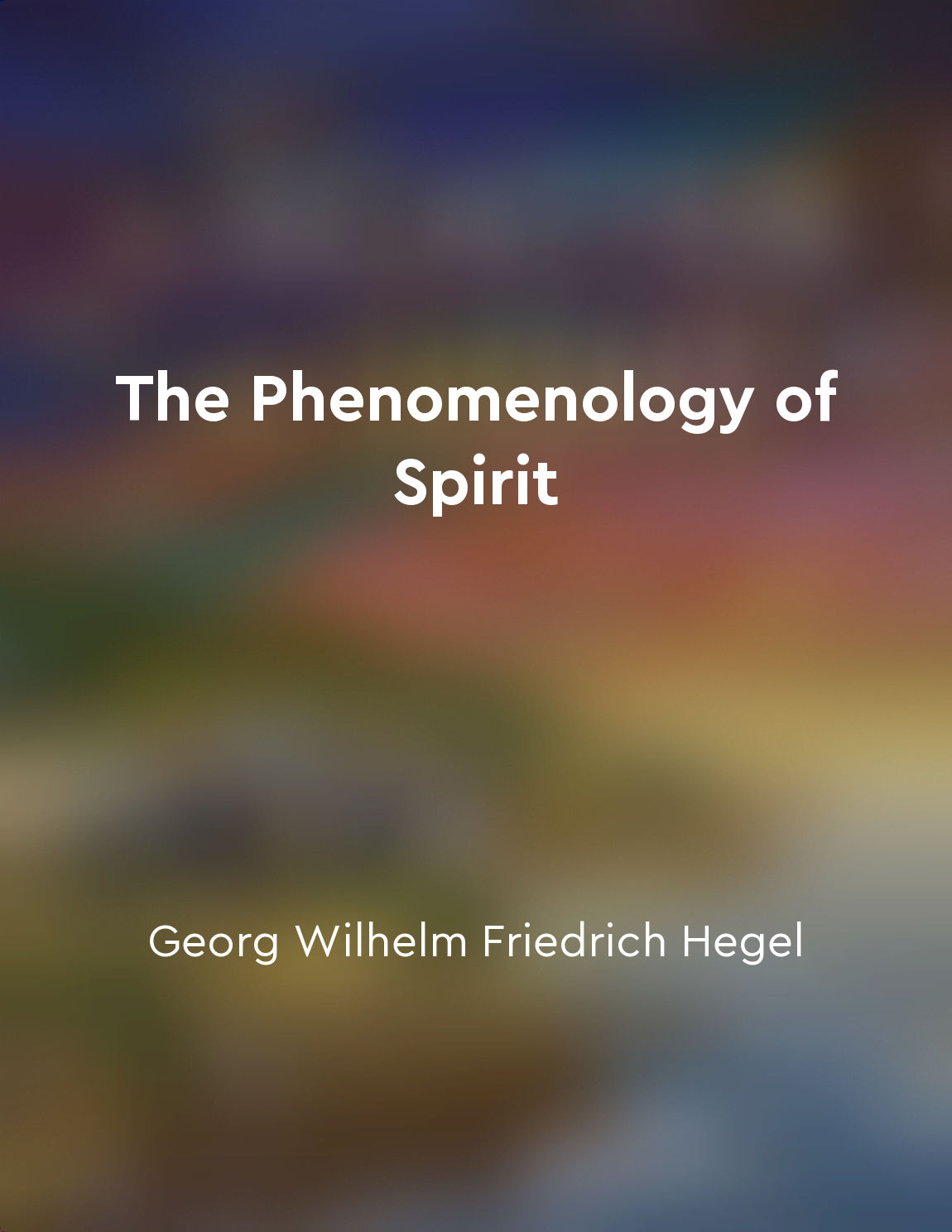The unity of apperception grounds all knowledge from "summary" of Critique of Pure Reason by Immanuel Kant
In the Critique of Pure Reason, Immanuel Kant argues that the unity of apperception serves as the foundation for all knowledge. Apperception, according to Kant, is the act of self-consciousness that allows us to unify our perceptions into a coherent whole. It is through this unity of apperception that we are able to organize our experiences and make sense of the world around us. Kant asserts that without this unity of apperception, our knowledge would be fragmented and chaotic. It is this self-awareness that provides the framework for our understanding of the world. By recognizing ourselves as the subjects of our perceptions, we are able to connect these perceptions and form a unified understanding of reality. This ...Similar Posts
Value of philosophical inquiry
The value of philosophical inquiry lies in its ability to question and challenge existing beliefs and ideas. Through critical t...
Build meaningful relationships with those around you
To truly live a fulfilling life, we must understand the importance of building meaningful relationships with those around us. T...

Engage in generative conversation
Engage in generative conversation involves talking with others in a way that creates new possibilities and ideas. It is about b...
Prioritize your goals and tasks daily
Begin each day by setting your goals and tasks in order of importance. Be ruthless in your prioritization, focusing only on wha...

Triadic structure
The triadic structure is a fundamental principle in the development of consciousness. It is through this structure that the mov...
Knowledge is derived from experience and reason
Knowledge is not something that we are born with, but rather something that we acquire through our experiences and our ability ...
